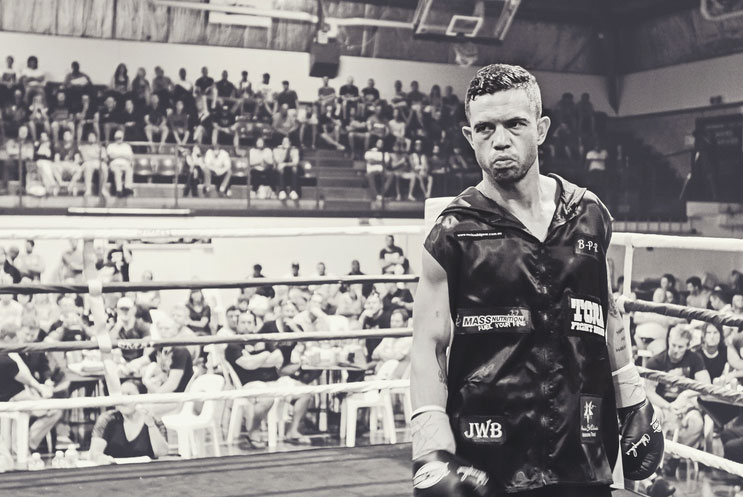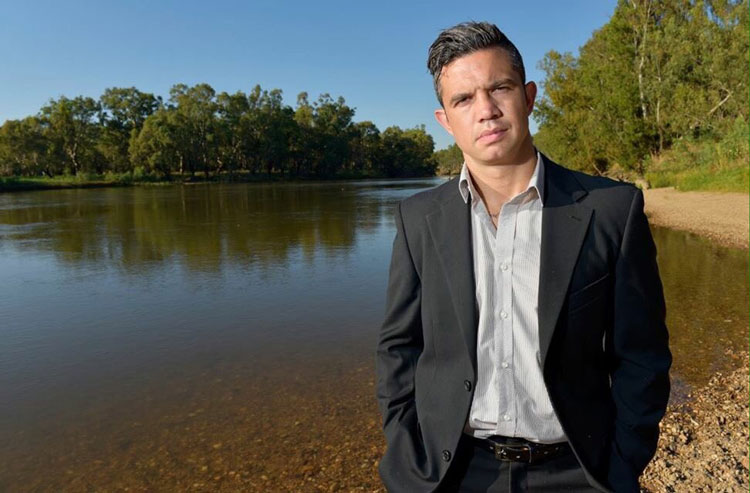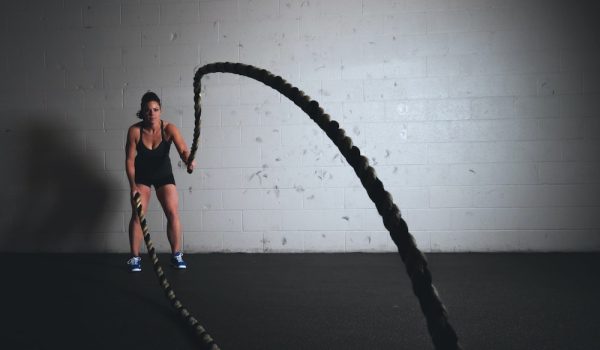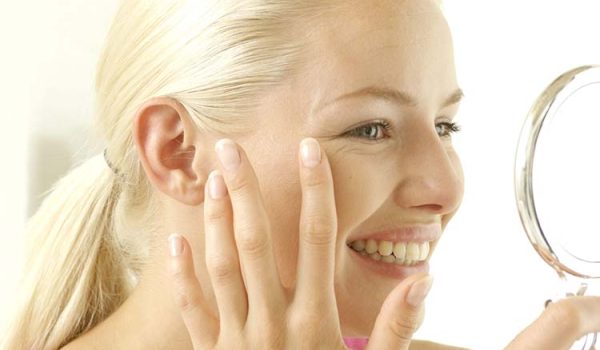In 2011, Joe Williams wrote a farewell letter to his children and attempted to end his life.
Five years down the line and Joe spends his time working to inspire youth and individuals through motivational speaking workshops titled The Enemy Within.
Joe has worked with disengaged youth in high schools and primary schools, drug and alcohol rehabilitation centres, jails and has mentored both youth and adults.
The Carousel was fortunate enough to talk to the incredibly intelligent, raw and open Joe about his own experiences with depression and substance abuse, and how those have paved the way for him to help so many people.
Why did you choose the title of ‘The Enemy Within’?
That is what it is mate. That is what it is. I am a former NRL Rugby League player and a professional boxer as well. I am someone who has come up against some pretty fierce opponents. Nothing in this world is harder to tackle than the demon within myself.
As a motivational speaker, what are your philosophies?
I talk about doing the ordinary to be extraordinary. I encourage easy key messages in your life that anyone can do on a daily basis that can make you a better person.
This includes volunteering, which raises your sense of awareness for other people. I also believe in gratefulness and mindfulness of self, and others as well. Once you bring those things into your life you start to realise that life isn’t that bad.
It is those one percent efforts that anyone can do that can turn you into something big and great and give you perspective. When you are doing well, these look like such a tiny thing, but when you are not, they look like a battle.
Now, I never let somebody else’s negative influence impact me because if somebody doesn’t like me than that is their problem. That is their negativity. I have almost no negativity within myself because I know how detrimental it can be to my well-being. I don’t allow anyone or anything that is negative into my life.
Have there been any key people who have helped you along the way?
My fiancee Courtney, she has been incredible. She was sent home as a three-year-old with leukemia to die because the doctors couldn’t do anything. I am full of health and battling something completely different. She was sent home to die, but is the most gentle, caring person anyone could ever meet. Her love and care for me is incredible. I have four children, three of which aren’t hers. She doesn’t ever act negatively towards them; her amazing treatment of all of my kids is vital for keeping us well and keeping us together.
If I don’t see her before I leave the house, she texts me to make sure that I take my medication.
What made you decide to move into boxing?
Rugby league is an alcohol-dominated sport; there is an alcohol and substance abuse culture. Once I had cleaned my lifestyle up I had nothing in common with the boys except for footy and I wasn’t enjoying that a great deal anyway. It was hard; I guess I had just lost interest in it.
I grew up in and out of boxing gyms anyway with my old man. When I told him I wanted to be a boxer, he said “it’s about time”, he knew I was going to go that way.
The old man has been great for me as well. We butt heads like mad because we are both passionate about similar things but he has been a real life-changer and perspective with a lot of this. He is extremely noble as well as knowledgeable. He is very important for me, he even trains me down in the gym.
How has boxing helped you with your recovery? How does this differ to your experience with NRL?
There are not many alcohol and drug addicted boxers. They live a hugely clean lifestyle. I box at 63 kg and I played footy at 82. I am not that now but you can see the difference in lifestyle now. I know that it has all folded out as it was meant to be, but in a way I wish that I had boxed before I played league. I would have been a 10 times better league player.
It has made me mentally tough, made the fighter that I am. Not the fighter as in in the ring, the fighter as in, when times are tough, I know how to dig out of it now. This is because it is an individual sport. You have no one else to rely on when you are in that ring and someone is punching you in the mouth. You can do one of two things, curl and hide or stand up and confront the situation. That is every day in the gym.
My mental health journey is much like my boxing journey. There are days when I can risk running and hiding and risk getting beat or ending up even dead. Or there are days when I stand there, grit my teeth and fight back.
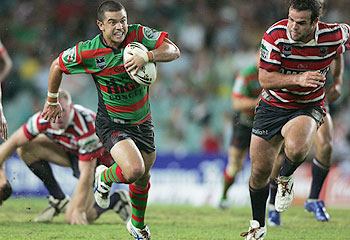
Has being a mentor enriched your life as well as the lives of those you have helped?
You can’t not practice what you preach. I can’t be a preacher during the week and then go and be a drug addict and an alcoholic on the weekend. It is not good for my mental health. If I am trying to live a healthy, clean lifestyle, I can’t risk not living that. I lead by example in everything I do. I don’t just do it from nine till five. I do it as a lifestyle. My life depends on it.
What do you say to people who feel like they can’t fight anymore?
We so often tell ourselves that we can’t do things. On those days when I tell myself ‘yes I can’, then I am no chance of getting beat. When I am down, I just talk to someone who tells me, “you know you can beat this Joey. Let’s go for a walk and get back to clean living.”
It is everything from eating rubbish food to going out and getting on the drink on the weekends. You have to live a good lifestyle and put good fuel into your body.
Do you follow a clean diet and exercise program now?
Not as much as I should. As a boxer, you get so used to living so strictly that when you aren’t preparing for a fight the odd burger doesn’t hurt. I am quick to realise that when things aren’t going well that I have to get back into the gym and pumping my exercise program.
When you exercise it releases endorphins into your brain; endorphins act as a mild antidepressant. After a hard session, whether that be a run or anything that you do you go “aaahhh I feel good now”.
Tell me about the meaning of your tattoos
Every tattoo on my body is a constant reminder, there is always meaning, it is not just for look. The sun on my chest is an Aboriginal symbol representing my four children coming together.
The most important one is ‘T2SP’, and it means ‘This Too Shall Pass’.
Every single tough situation I have encountered in my life has come and then gone past me. I just have to ride the situation out. As a reminder on my wrist where my watch would be I have ‘This Too Shall Pass’. This tough situation will pass.
My suicide attempt, that went past me as well. Fortunately, I am still alive. Other families aren’t so lucky. It is a reminder that things do get better. I have been divorced, re-partnered and separated again. I have been left without my children. All these tough situations I have been through, and made it through.
That being said I am always one day away from it not being so good. I just live right now, I don’t look too far forward and I always learn from the past.
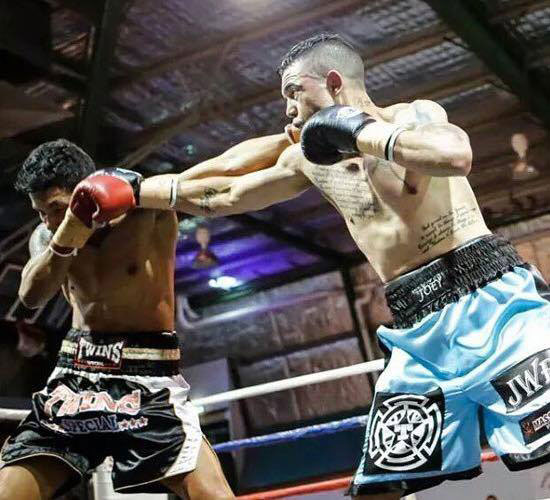
What is next for you and your family?
That is the important stuff, getting happy and healthy with the kids. I don’t live with three of my kids,I always look for opportunities to see them.
The tattoo of ‘You Will Never Walk Alone’ means that as an Aboriginal man and somebody who is extremely spiritually connected I know that my ancestral spirits are always with.
At times in the grips of depression you can feel so alone that you feel as though there is nowhere to go. So with that tattoo, it is everywhere I go, everything I do, I always have the old people with me. That is what we refer to as our spirits and our ancestors. They are watching over my shoulder and guiding me on where to go.
So many people live in this world of what society wants us to be. That is where we get caught up in, in depression and bad thoughts so much. People have such negative opinions of themselves because they are expected to be something else.
If you, or anyone you know needs help, contact Lifeline on 13 11 14 or visit Lifeline.org.au.
